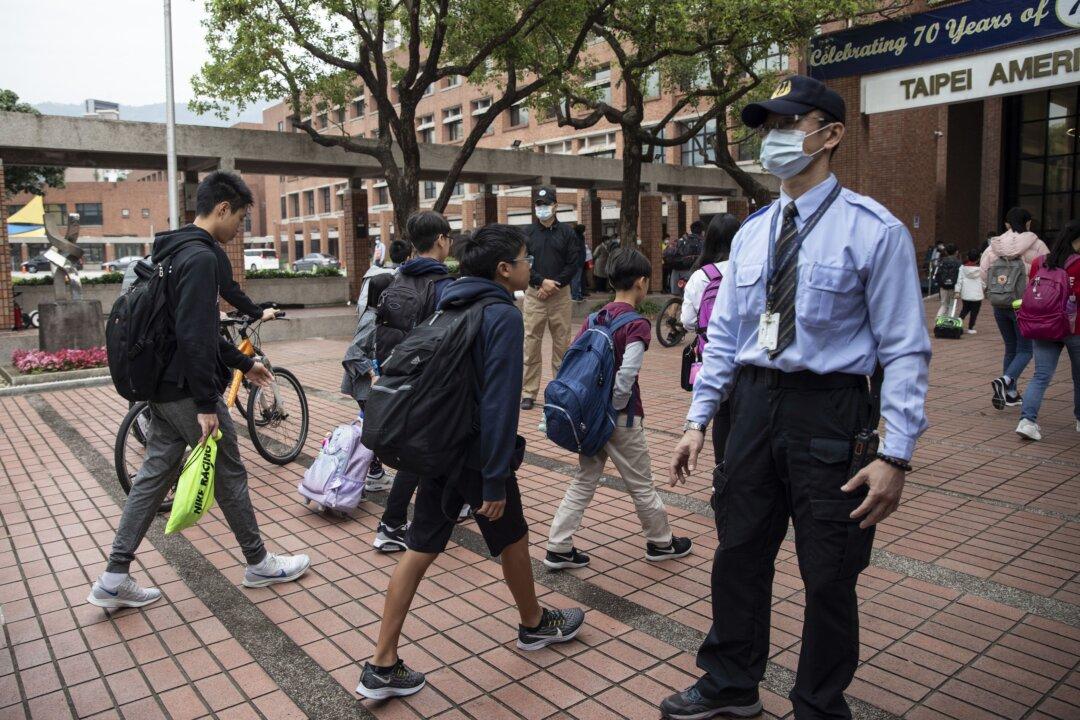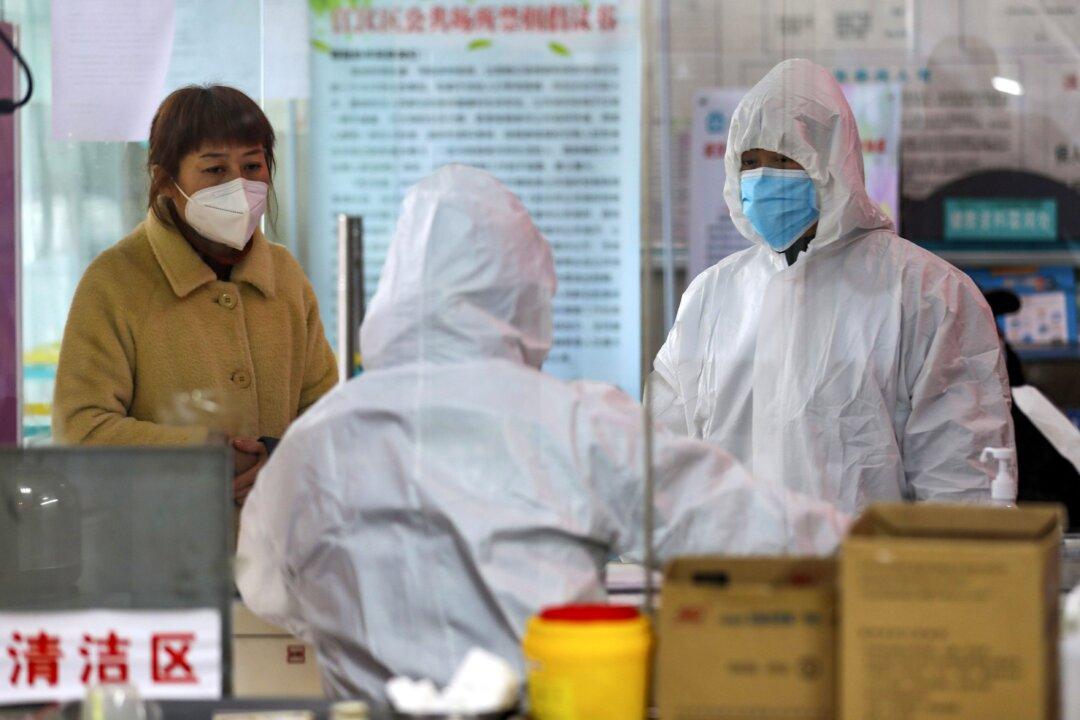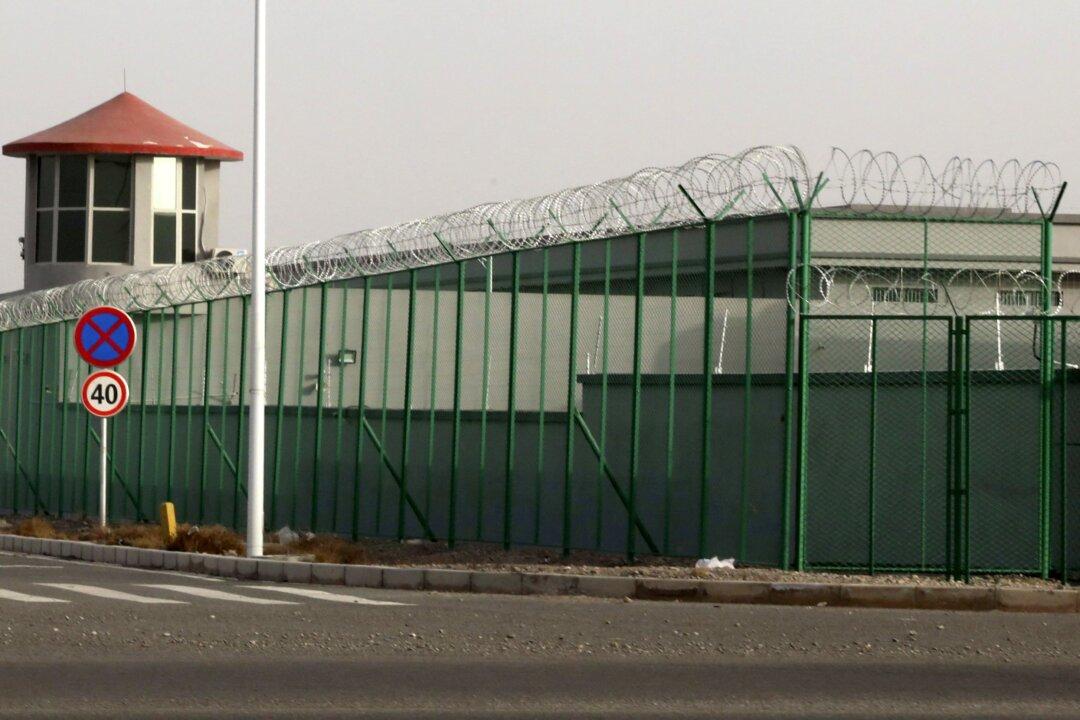Sadly, the image of the lifeless little Aylan Kurdi of Syria on a Turkish beach has galvanized more people outside the Middle East about the barbaric crimes occurring in the region than anything else.
As the journalist Terry Glavin and others have noted, the consequences of the mayhem now include 4 million Syrian refugees scattered across the region and Europe—not to mention the more than 12 million forcibly displaced within Syria itself, who struggle daily to avoid Islamic State (ISIS) brutality.
There are now approximately 250,000 dead victims of Bashar Assad’s carnage and 27,000 photographs of victims beaten and tortured in his prisons since 2011.
In Iraq, Aylan Kurdi’s own often abused cultural community, the Kurds, and their peshmerga soldiers are fighting ISIS courageously and effectively, although it still holds large swaths of both Syria and Iraq.
Assisted by the U.S.-led coalition’s airstrikes, the peshmerga have retaken almost all the Kurd-inhabited territory in both countries and protected not only Iraq’s infrastructure but its people and about 1.6 million refugees seeking sanctuary with the Kurds.
The government of Turkey under President Recep Erdogan still appears to be only partly serious about defeating ISIS, while mostly attempting to stir up an old conflict with independence-seeking Kurds in Turkey (the PKK) for partisan purposes in the upcoming Turkish elections. The PKK has committed most of its fighters in Syria to opposing ISIS.
What should Canada and the United States do?
The United States has an admirable record with refugees, including, accepting more than 1.5 million Irish between 1845 and 1855 (the time of the Irish famine), 40,000 Hungarians in 1956 (immediately after the Hungarian uprising), and 280,500 Vietnamese between 1978 and 1982 (when the boat people fled Vietnam).





